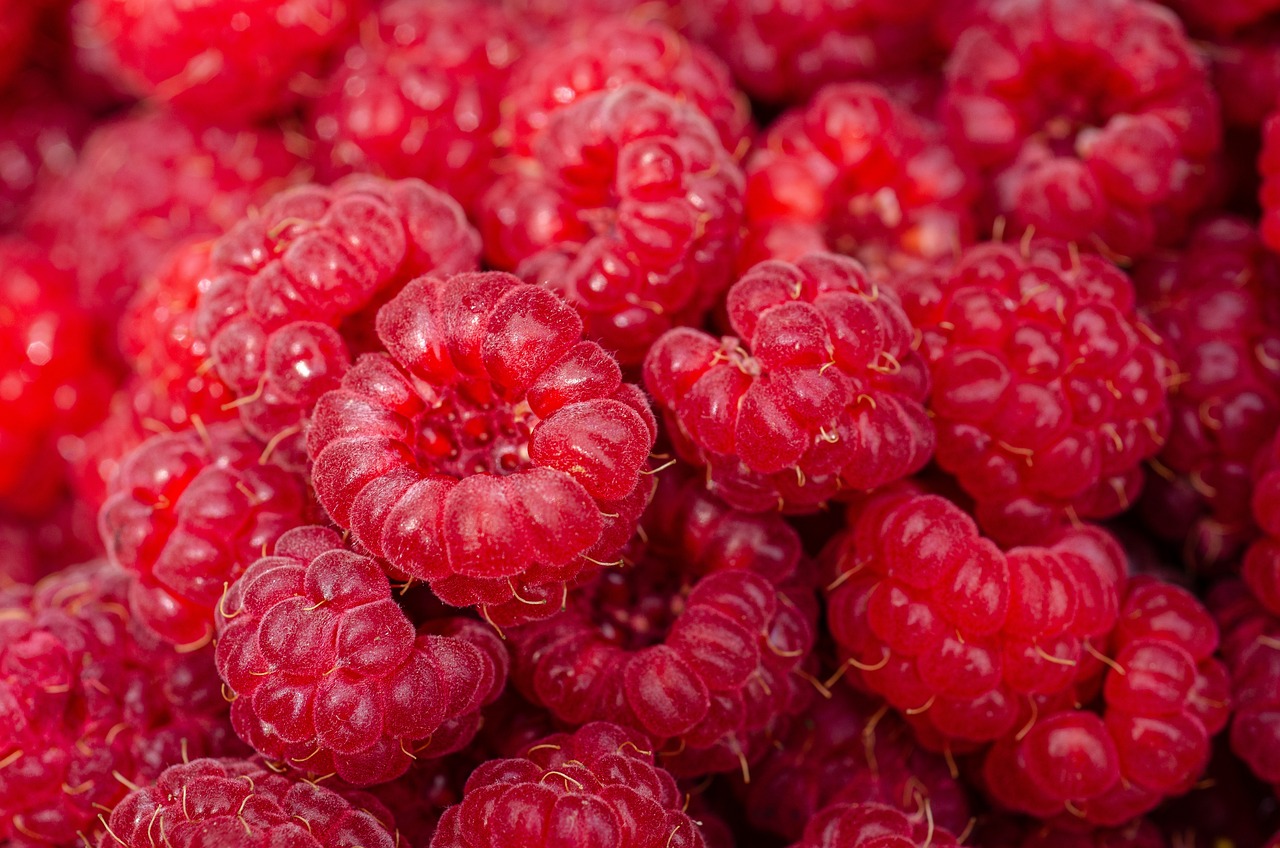“`html
In recent years, organic foods have surged in popularity, transforming the way we think about our diets and the impact of our food choices on health and the environment. With a growing awareness of the benefits of organic produce, consumers are increasingly seeking out organic options at grocery stores and farmers’ markets. But what exactly are organic foods, and why should we consider including them in our diets? Let’s dive deeper into the world of organic foods and uncover their implications for our health and the planet.
What Are Organic Foods?
Organic foods are products that are grown and processed without the use of synthetic fertilizers, pesticides, genetically modified organisms (GMOs), and artificial chemicals. They adhere to strict agricultural standards, ensuring that the entire food production process is practiced sustainably.
The Basics of Organic Farming
- Sustainable Practices: Organic farming utilizes methods like crop rotation, cover cropping, and companion planting to maintain soil health.
- No Synthetic Chemicals: Farmers must avoid synthetic inputs and instead rely on natural alternatives to manage pests and diseases.
- Animal Welfare: Organic livestock are raised in humane conditions with access to outdoor spaces and organic feed.
Benefits of Organic Foods
Choosing organic foods comes with a host of benefits, both for individual health and the environment. Here are some of the most compelling reasons to incorporate organic options into your diet:
Health Benefits
- Reduced Chemical Exposure: Organic foods contain fewer pesticide residues compared to conventionally grown items.
- Nutritional Value: Studies suggest organic produce may have higher levels of antioxidants and nutrients.
- Improved Digestion: Organic foods are free from artificial preservatives and additives, promoting better digestive health.
Environmental Benefits
- Biodiversity Enhancement: Organic farming promotes diverse ecosystems and helps protect species.
- Soil Health: Techniques used in organic farming improve soil quality and fertility over time.
- Water Conservation: Organic practices typically use less water and reduce pollution from agricultural runoff.
Organic vs. Conventional Foods
Understanding the differences between organic and conventional foods can help consumers make informed choices. Here’s a comparative overview:
Key Differences
- Farming Methods: Organic farming relies on natural processes, whereas conventional farming often uses synthetic chemicals.
- Cost: Organic foods can be more expensive due to their sustainable farming practices, but many find the health benefits worth the cost.
- GMO Usage: Organic foods are strictly non-GMO, while conventional produce may include genetically modified ingredients.
Taste and Quality
Many consumers report that organic foods have better flavor. This can often be attributed to:
- Taste that comes from more nutrient-rich soil.
- Similarly sized, seasonal produce that is harvested at peak ripeness.
How to Incorporate Organic Foods into Your Diet
Transitioning to a more organic diet doesn’t have to be overwhelming. Here are some actionable tips:
Start Small
- Choose a few organic staples such as fruits, vegetables, milk, or eggs.
- Gradually replace conventional items with organic versions as they become available.
Plan Your Purchases
- Utilize apps or websites that offer organic food delivery services.
- Visit local farmers’ markets to support local growers and find fresh organic produce.
Educate Yourself
Stay informed about the benefits of organic foods by reading articles, attending workshops, or following trusted health professionals on social media.
Conclusion
Organic foods offer numerous advantages for both health and the environment. By understanding what organic means and how it differs from conventional food, consumers can make informed choices that align with their values and wellness goals. Whether you’re taking small steps towards a fully organic diet or simply looking to incorporate a few organic options into your meals, every choice counts toward a healthier lifestyle and a more sustainable planet. So next time you shop, consider going organic—it may just be a step in the right direction.
“`



